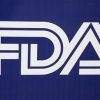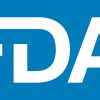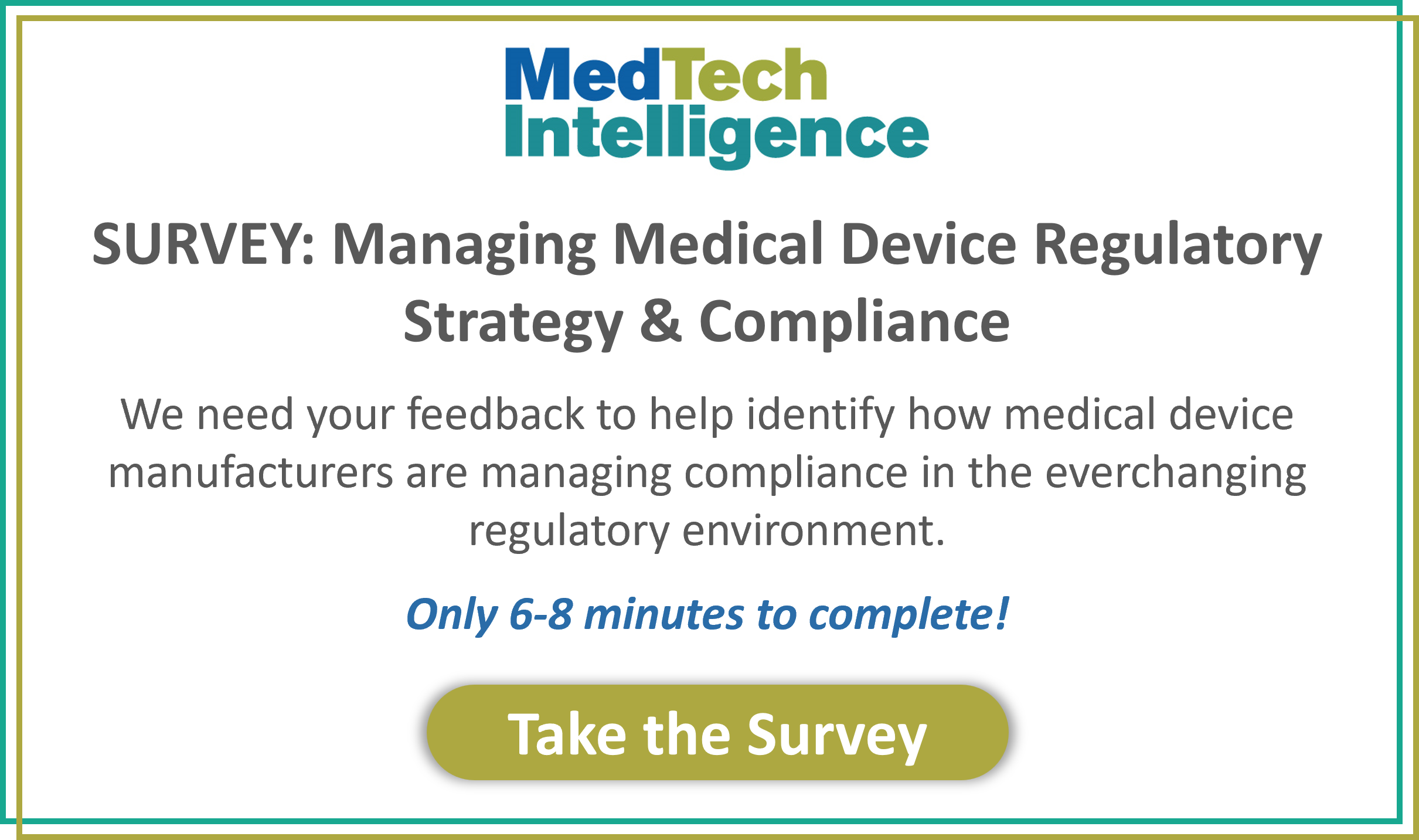As many of the readers are already aware, FDA made a recent announcement that will result in a reduction in the number of establishment inspections device manufacturers potentially face in a given year. The Medical Device Single Audit Program (MDSAP) Pilot is targeted to begin in January 2014. In fact: (a) the United States (FDA); (b) Australia (Therapeutic Goods Administration); (c) Canada (Health Canada); (d) Brazil (Agência Nacional de Vigilância Sanitária); and (e) Japan (Ministry of Health, Labor, and Welfare) are on board.
The underlying purpose of the MDSAP program is to allow one of these regulatory bodies to perform an inspection and then share the results with the other agencies so additional/duplicate inspections are not required. In short, Dr. D loves the idea. Less time supporting inspections and more time devoted to the design, development, and manufacture of medical devices that are safe and effective in their intended use is always a good thing. On the positive side, this is not some act of “prestidigitation” (Look-it-up) or a grand illusion of sorts but an actual program that should make life easier for device manufacturers and the regulatory agencies involved. I hope the folks at FDA are brushing up on their Portuguese. Enjoy.
MDSAP – What device manufacturers need to know
As previously stated, MDSAP is slated to start in January of 2014. With the exception of MHLW and PMDA – Japan, which has chosen a role as an observer, active participation will come from: (a) ANVISA – Brazil; (b) TGA – Australia; (c) Health Canada, and (d) the FDA. Eavesdropping support is expected to be provided by NSA (just kidding). The intent of the program is to be able to take more of a global approach when it comes ensuring medical device manufacturers are complying with regulatory and statutory requirements in their pursuit of the design, development, and manufacture of finished medical devices that are safe and effective in their intended use. As part of this program, FDA will be accepting audit reports from the MDSAP participating members in lieu of agency inspections. As previously mentioned, Dr. D loves the idea. Additionally, it should result in a substantial costs savings for regulatory bodies involved as their inspection burden should be reduced. As documentation becomes available, it will be posted on the Medical Devices International Programs website.
Program watch-outs
Now before you climb onto your high-horses and emphatically stated that Dr. D is just being cynical, what happens if ANVISA decides to go out on strike again? Seriously, it happened in 2012 and it could happen again. A second concern of the doctor’s is always going to be how do these agencies address all of the little nuances associated with regulatory differences such as reporting adverse events? Each regulation has a slightly different approach. Finally, there is nothing quite like a maximally invasive “CAPA plus One” approach pursued during a FDA inspection, especially if the FDA investigator is a particularly tenacious one. What about the fun?
Takeaways
There is not much in regards to a takeaway from this week’s brief guidance. The doctor loves the idea and recommends that each of the readers plug into the FDA’s website and follow any and all developments. Providing there are no work stoppages in Brazil, the biggest watch-out that the doctor can see is recognizing the regulatory differences associated with each of the device markets these regulators are tasked with protecting. Viva le difference!
In closing, thank you again for joining Dr. D and I hope you find value in the guidance provided. Until the next installment of DG – cheers from Dr. D. and best wishes for continued professional success.
References:
- Code of Federal Regulation. (2013, April). Title 21 Part 820: Quality system regulation. Washington, D.C.: U. S. Government Printing Office.
- Devine, C. (2011). Devine guidance for complying with the FDA’s quality system regulation – 21 CFR, Part 820. Charleston, SC: Amazon.
- Medical Device Single Audit Program (MDSAP) Pilot. (2013, October). FDA Website. Retrieved October 28, 2013 from FDA website.






